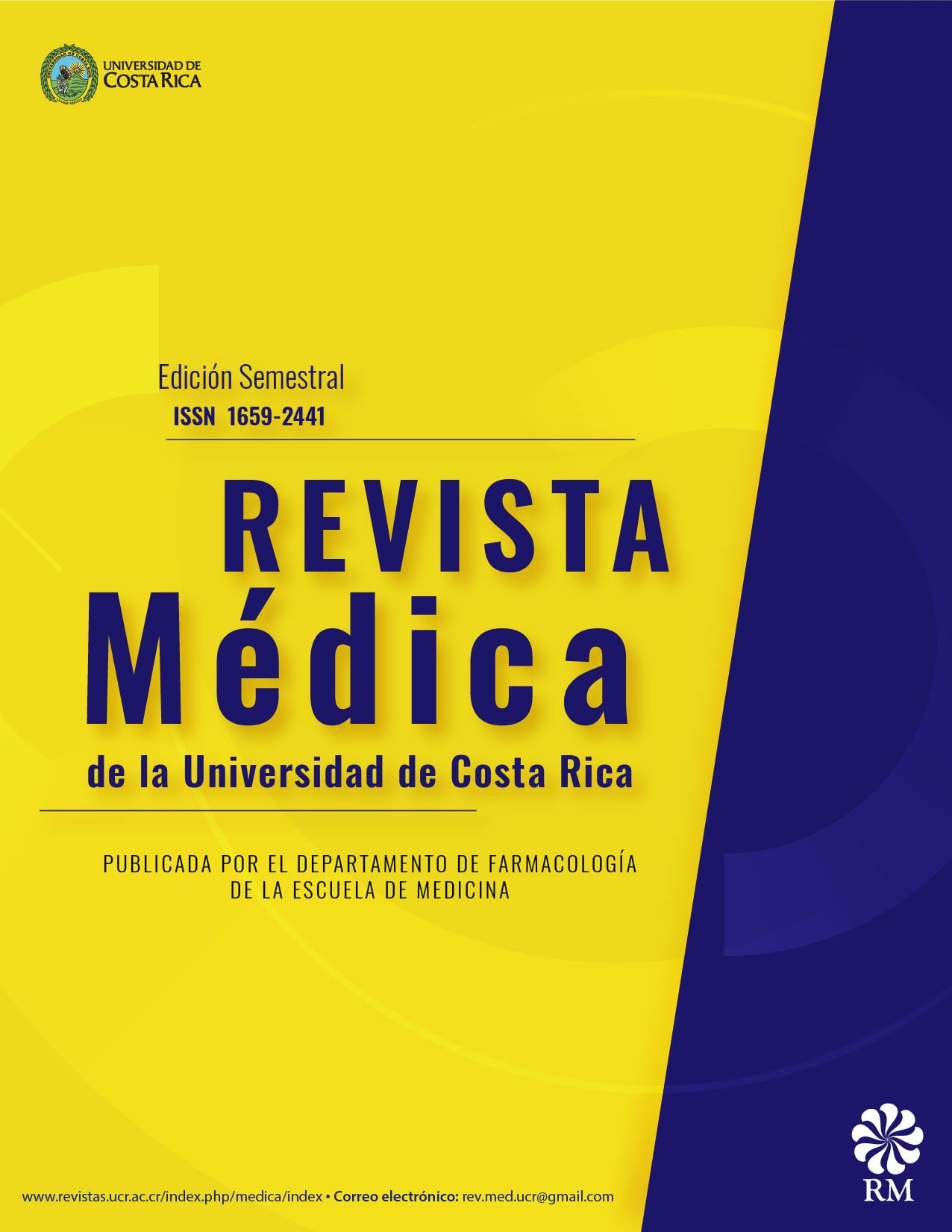Abstract
Metabolic syndrome represents an overly complex clinical condition whose main causative mechanisms continue to be debated even today, leading to the existence of multiple diagnostic criteria that vary according to different health authorities worldwide. However, despite these discrepancies, it has generally been observed that alterations in energy homeostasis, the increase in body fat and insulin resistance related to it directly affect physiological events in the life of women such as puberty, pregnancy, and menopause. Nevertheless, nowadays few studies have evaluated the impact of this syndrome on the fertility of women who develop it; even if in research related to this issue, it has been described that it has been related to an increase in the rates of female infertility. Regarding this last point, different mechanisms explaining it have arisen and are currently proposed, which is why this review is carried out, looking forward to explaining the perspectives from a clinical, metabolic and the endocrinological point of view related to all of these corporal processes.


